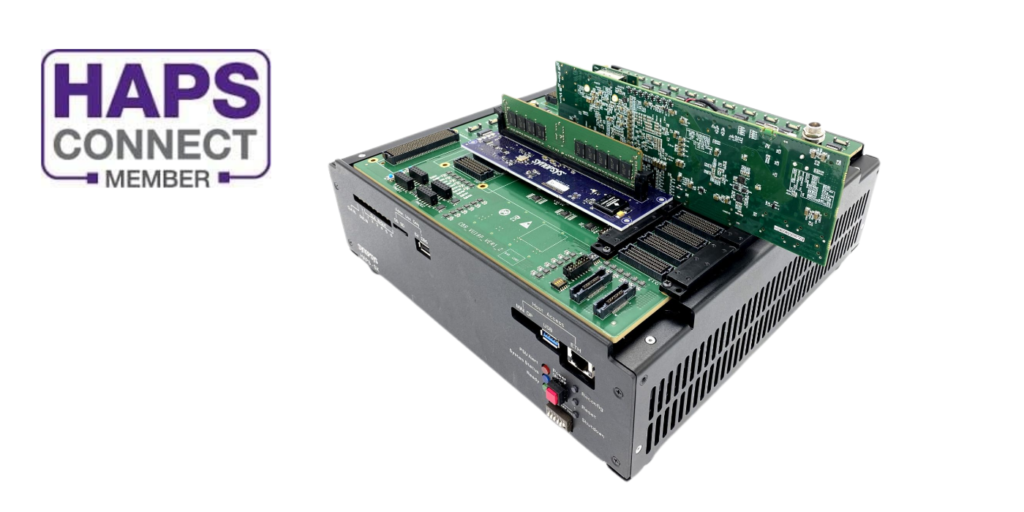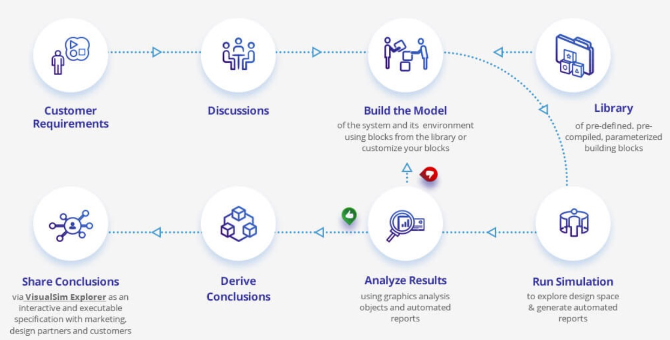ASIC Design Prototyping
Architecture exploration and design verification platforms for systems and single chips. The platforms not only eliminate the need to build models but also accelerate the simulation of complex designs. They ensure model accuracy and significantly shorten product development time.
With the increase in chip integration and functionality diversity, the complexity of ASIC design has posed significant challenges to chip verification. Establishing effective prototype verification platforms based on Xilinx’ programmable logic arrays (FPGAs) has become the primary choice for chip development and design verification. However, the diverse types of sub-boards required for prototype verification often necessitate customized designs, which further introduce uncertainties in debugging and prolong debugging cycles.
E-Elements Technology provides a prototype verification solution based on the HAPS technology from Synopsys, offering users various flexible interface options. This includes a rich collection of external sub-cards, speed bridge and synchronization solutions. Through the HAPS Connect Program, E-Elements solutions provide users broader expansion possibilities.

- Customized and integrated Synopsys MIPI IP with SMF board to work with HAPS prototyping system
- Customized HT3 daughter board design with Intel IP to validate on HAPS prototyping system
- Validated PCIeGen5 32G on HAPS prototyping system
- Evaluation board with DM.2 on HAPS Zebu system
Architecture exploration and design verification platforms for systems and single chips. The platforms not only eliminate the need to build models but also accelerate the simulation of complex designs.
This approach enables design teams to save considerable time and effort on building models for complex designs. For design projects based on model-based design methods, this not only ensures the accuracy of the models but also significantly shortens the product development cycle.
System-level automation design tools include simulation tools for software development and a rich model library including:
Functional correctness, speed, topology and arbitration
Quality, traffic stimulus, impact of configuration and power
Throughput, response time, Buffer size and utilization
Peak and average power, energy and power/task
ISO-26262 and RO-254 certifications

With E-Elements leading the way to upgrade your systems
When an enterprise faces the challenges of system construction and management, having a professional partner to assist you is crucial. This makes us your ideal partner for enterprise management and industrial upgrading.
